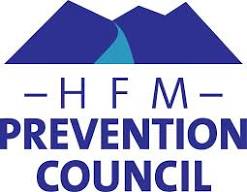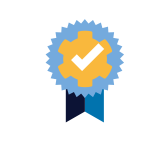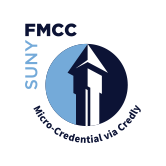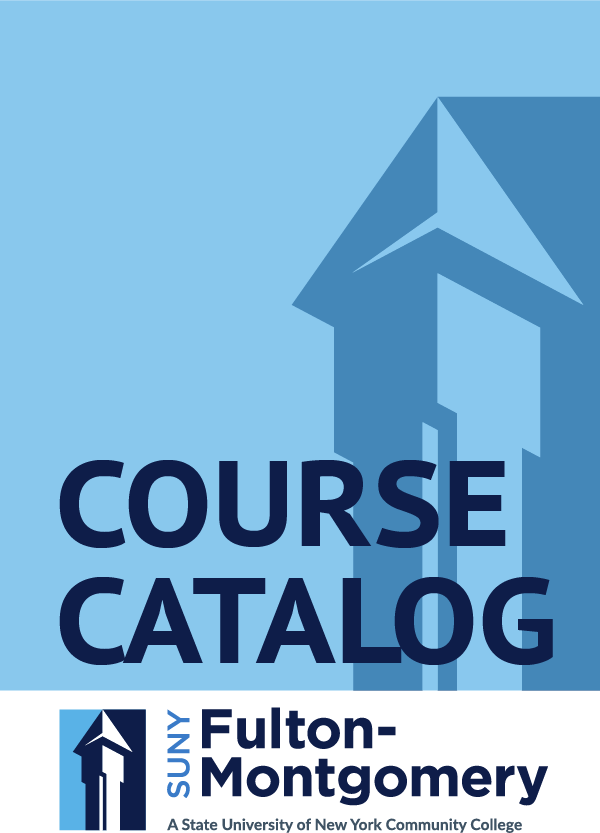Why study Addiction Services Certificate at FMCC
This program is designed for students with a previous degree or significant work experience in Addiction Services field. Upon completion of the program, students will be issued the Office of Addiction Services and Supports (OASAS) Standardized Certificate of Completion of 350 hours of course work necessary to apply for the Credentialed Alcoholism and Substance Abuse Counselor (CASAC) in New York State.
Request info for this program
Career Pathways
Our region boasts a wide variety of career opportunities in the addiction services field. The positions presented are the most common career pathways FMCC graduates have taken and are just a sample of the career possibilities.
The labor market and employer information are specifically presented for the Amsterdam, Gloversville, Capital District, and the Mohawk Valley regions. Salary information is based on estimates within the Capital District.

MEDIAN SALARY
$49,566*
SALARY RANGE $32,050 - $81,779
Substance abuse, behavioral disorder, and mental health counselors advise people on issues relating to alcoholism, addictions, or depression. They provide support, including for prevention, to help clients recover from addiction, modify problem behaviors, or improve mental health. (bls.gov)
Nearly 1,600 expected jobs in the region in the next 10 years.

MEDIAN SALARY
$38,277*
SALARY RANGE $28,945 - $59,941
Assist providers in providing client services in a wide variety of fields such as psychology, rehabilitation, or social work, including support for families. May assist clients in identifying and obtaining available benefits and social and community services. (bls.gov)
Over 2,500 expected jobs in the region in the next 10 years.
Salary information presented are estimates and can be different for each individual based on education, experience, and the specific employer.
Labor market data is based on 2021 estimates derived from Lightcast (Career Coach | Lightcast)
Some of Our Regional Employers
Our commitment to your career path goes beyond the classroom with continued expansion of hands-on internships, job shadowing, and job placement opportunities with over 50 regional business and organization exclusive partners, a career network of over 200 regional companies and organizations; plus Annual Job Fairs every Spring semester.




29 Credits
$8,000
1,600+ JOBS
Program Insight
To be successful in this field you have to have an internal, intrinsic motivation to help people change. You are often working with people who are in the worst places of their life. It’s a unique opportunity to help them get to a better place, to give them that hope and live their life in recovery.
Learning Outcomes
Students will be able to:
-
Evaluate the influence of one’s personal values and ethics and outline Addiction Service values and ethics in order that Addiction Service professional values and ethics guide practice.
-
Perform Addiction Services with a variety of populations utilizing skills, techniques and theory which underlie the field.
-
Evaluate how the Social Service system and policies are established to meet community and individual Addiction Service needs.
-
Create and apply an approach which utilizes a person in environment and strengths-based perspective while engaging in Addiction Services.
Program Features
New Behavior Health Lab
Simulate what you will experience in the field. This lab gives students a place to practice their skills with diagnostic assessment, evaluation, and intervention in an office setting with the latest technology.
Human Services Pathways Office
This supportive environment located in C132 for Human Services and Addiction Services students provides access to tutoring, study help, computer access, and support from other students in these programs.
Service Learning Projects
Students will deepen their understanding of course material in HUS 101 Intervention, Skills and Practice in the Helping Professions and work in groups and carry out semester long service learning projects with local community agencies.
Behavioral Health Workforce Education & Training Program (BHWET)
Provides financial grant support opportunities of $8,000 to increase the number and diversity of people working in addiction services in the community. Focus is to assist with completion of CASAC training coursework.
Prevention Career Focus
Rather than a focus on treatment, students have opportunities for a career as a prevention educator or coalition coordinators in the community. This is a proactive role to help avoid drug and alcohol addiction problems altogether through a strategic framework.

Internship Opportunities
Students have opportunities for an internship. Many students have subsequently been hired by local and regional addiction services organizations.

Microcredentials
This program may allow students to earn digital badges which verifies the achievement of in-demand skills and competencies. SUNY FMCC continues to expand opportunities for students to become more marketable to employers.
Course Highlights
Course Catalog
SUNY FMCC offers its catalog online in a downloadable PDF document that makes information on programs, courses and policies most current and accessible, while reducing impact on the environment. Additional information is available on the College’s website and portal. To read and search the FMCC Catalog, you’ll need Adobe Reader version 7.0 or later.
2025-2026 FMCC CATALOGProgram Course Layout
This program combines coursework in diagnostic assessment, evaluation, intervention, referral and counseling in individual and group settings. Here are some of the courses you will take.
This course is designed to give students an understanding and working knowledge of the Addiction Services field. Students will gain an overview of the Addictions Services field including history, concepts, services available and the continuum of drug use. Intervention and treatment approaches will be reviewed including medication supported recovery, non-traditional treatment methods as well as a review of the theory and practice of recognized intervention and treatment approaches.
his course explores the biological, physical and pharmacological effects of alcohol, tobacco and other drugs on the brain and other parts of body, including their reaction and interaction with other medications. The nature and progression of addiction, genetic factors and the Bio-Psycho-Social model of addiction will also be reviewed. Concepts of toxicology screening, limitations and legal implications in the field of Chemical Abuse Counseling will be explored and more.
This course focuses on the Human Services professional and their role in providing services. The values and ethics of the Human Service professional, engagement strategies, interpersonal communication techniques, attending behaviors and the helping process are reviewed and applied using case studies. The importance of counselor wellness is empathized including clinical supervision, cultural competence, prevention of compassion fatigue and self-care.
This course provides students an opportunity to integrate information from courses in human services, psychology, sociology and other fields, and to apply that information to existing social programs. This course is designed to provide individualized work and learning experiences in the fields of human and addiction services. Students spend 20 hours over the course of the semester completing a project-based learning assignment which is tailored to their interests and goals.


